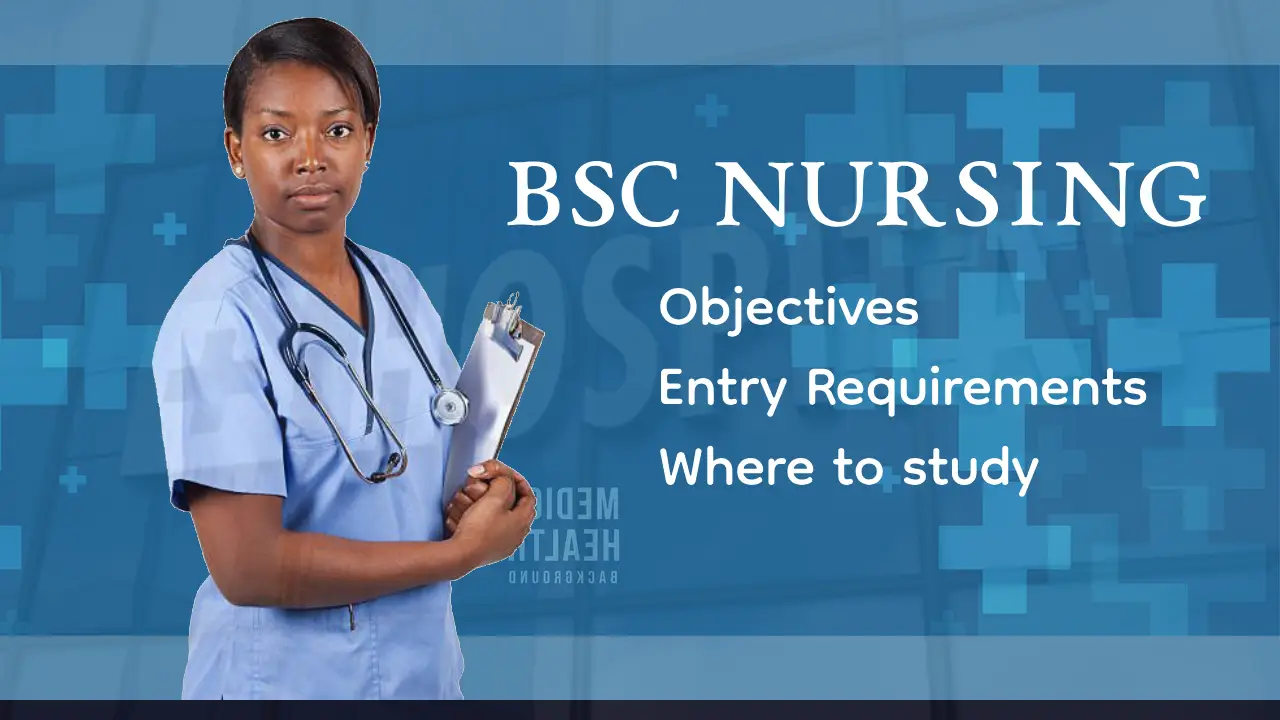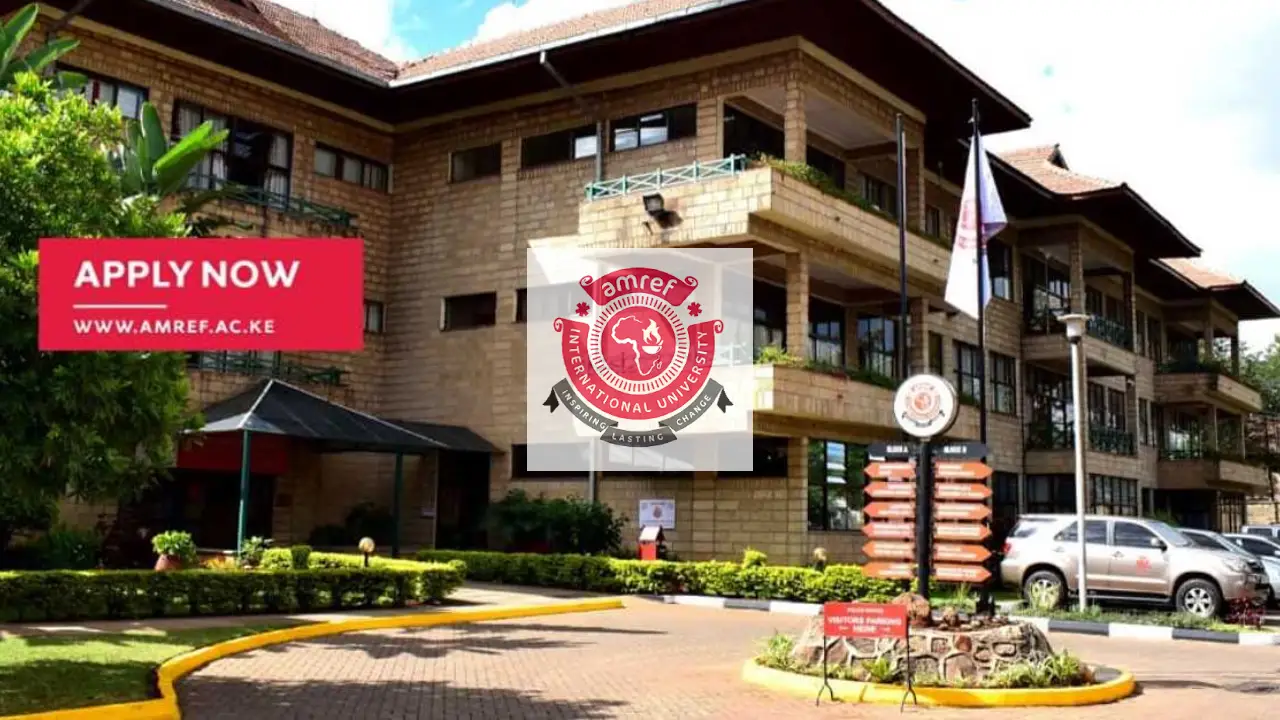
A career path is a life long journey that is continuously changing to fit your progression in life. Your college education, life experiences, job positions held and likes and dislikes are some of the important elements that help in moulding your career path.
Your first job or college degree, for example, can mark the beginning of your career path. As you gain additional knowledge and skills, you may progress or “move vertically” into more advanced roles. Some employees also “move laterally” into equal but different job roles as they specialize or move into different career paths.
Establishing an appropriate career development plan reduces your risk of making impulsive decisions, and helps you recognise when you're ready to look for new opportunities and develop new skills.
Some of the important items that you need to factor when planning your career include:
- Self-assessment: Careful evaluation of your individual strengths, lifestyle preferences, passions, work style, and financial needs is a vital and often overlooked step in planning your various potential career paths.
- Research: This step involves brainstorming possible job options and investigating them thoroughly. During your career research, you will learn about the descriptions and qualifications for various positions, typical entry points and advancement opportunities, satisfactions, frustrations, and other important facts in order to determine if a particular career would be a good fit for you.
- Set career objectives: Once you have narrowed down your options, consider establishing milestones for your career. Research where other people in your field are at five or ten years into their career, and make note of the job titles they have. Decide what title or advancements you want to have at these future points.
- Learn and improve skills: Learning is a life long process that helps you to meet your career objectives. ensure that you keep acquiring new skills and knowledge to be in line with career objectives and with industry requirements.
- Experimentation: Internships and part-time jobs are an excellent way to sample a field of interest. They provide the opportunity to perform some of the job functions, observe other's work, and evaluate the “real world” workplace environment.
- Decision making: This stage involves an evaluation of the pros and cons of the career options you have been researching. It also involves prioritizing and, for some people, risk-taking.
- Job searching: Once you have identified a work aspiration, you can begin your job search. Most people engaged in an active job search will be involved with activities such as professional networking, identifying prospective employers, writing cover letters and resumes, and interviewing.
- Revise Career Goals: The last step in the career planning process is to continuously evaluate the career goals and again do a self-assessment to build a strong career path.
A career path is not static. Just like anything else, you need to keep evaluating your plans on a regular basis, making plans and then changing where necessary. Make every move a stepping stone to your next level.










